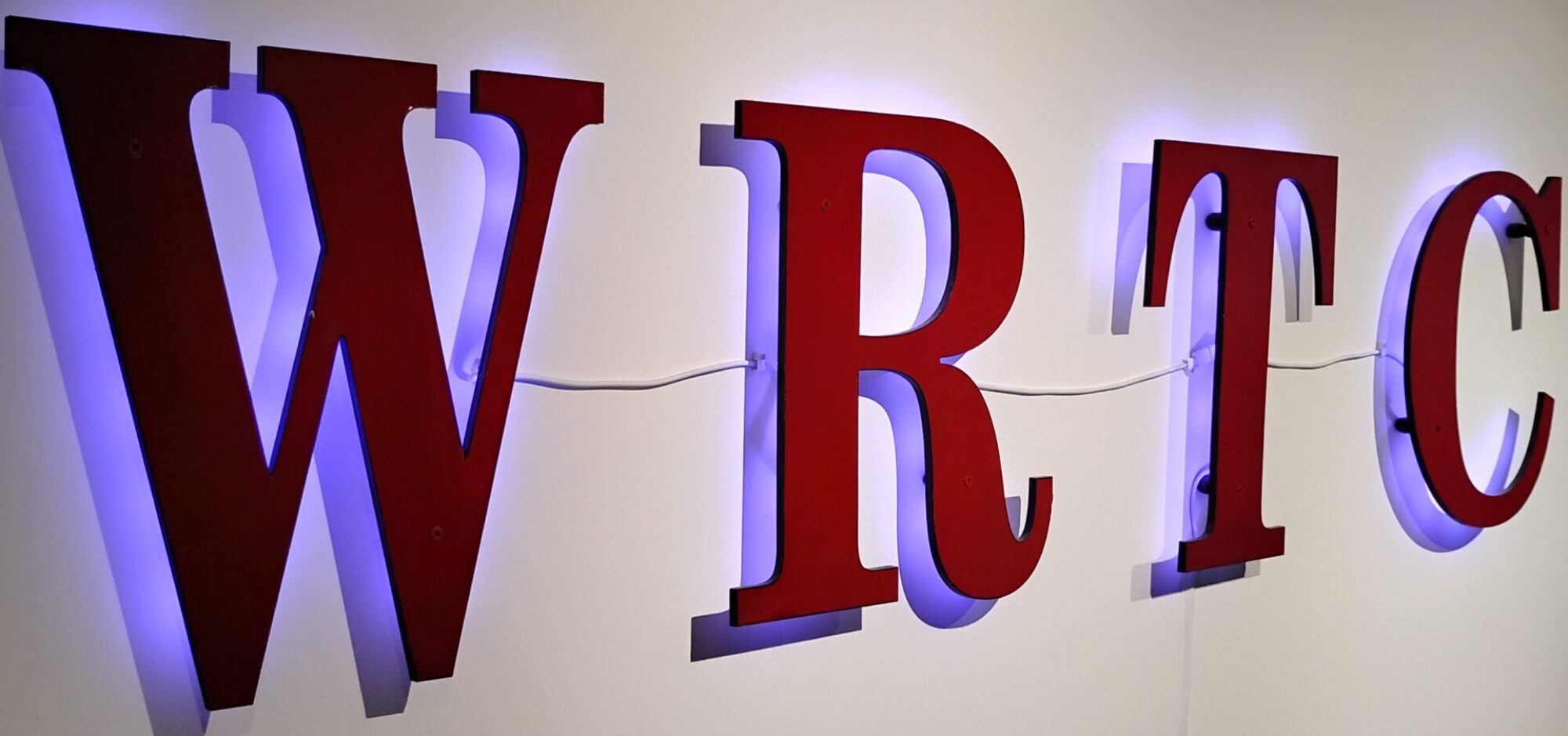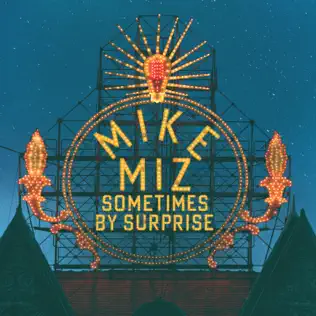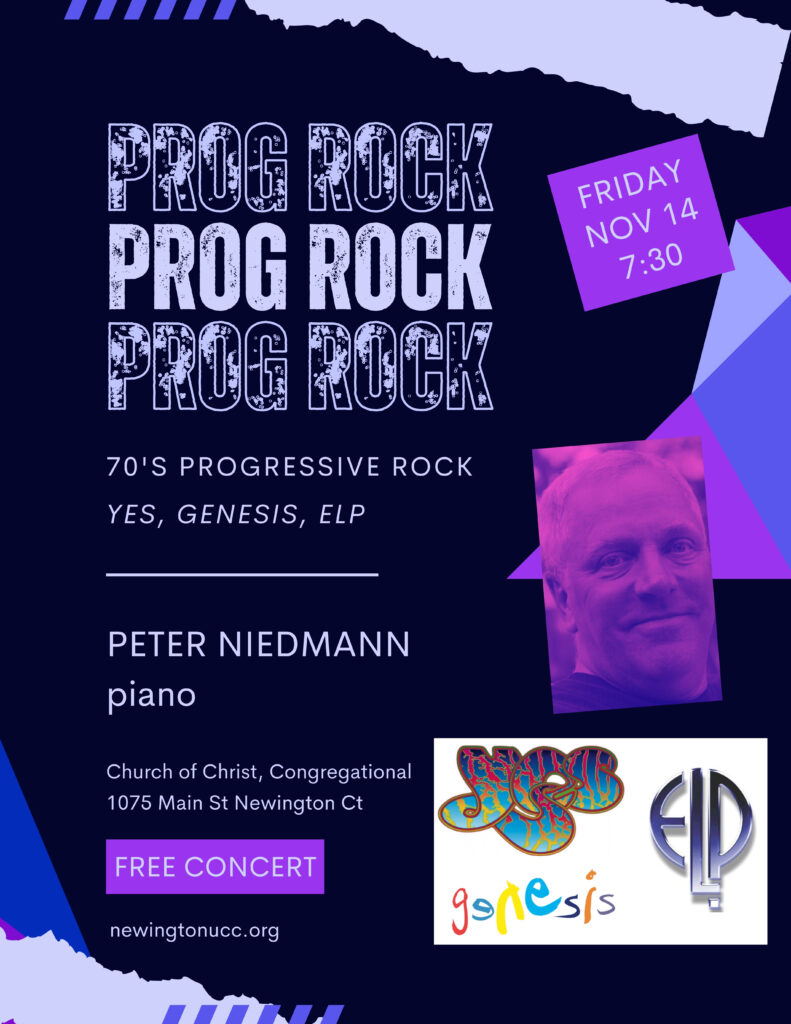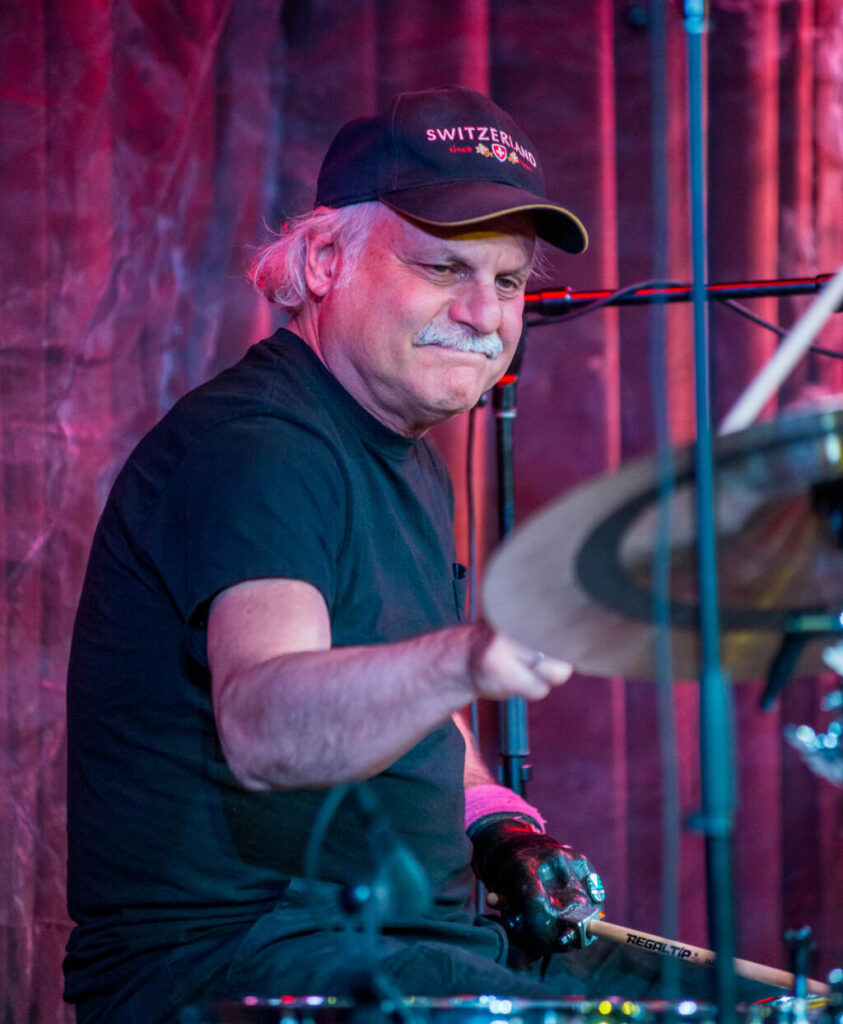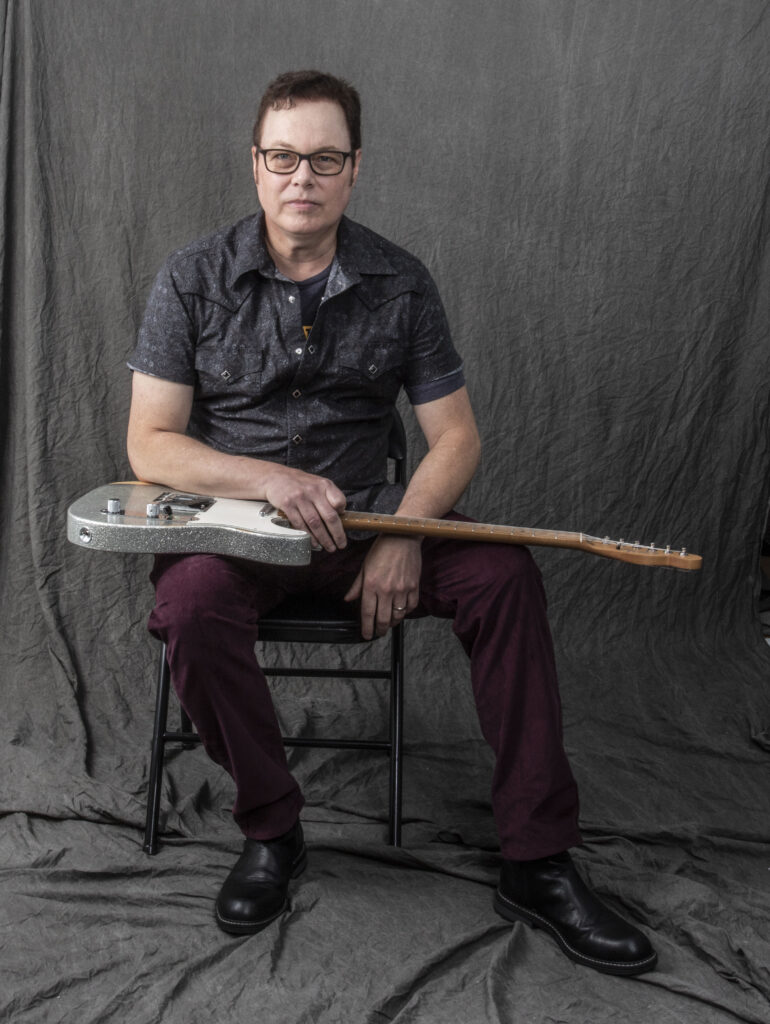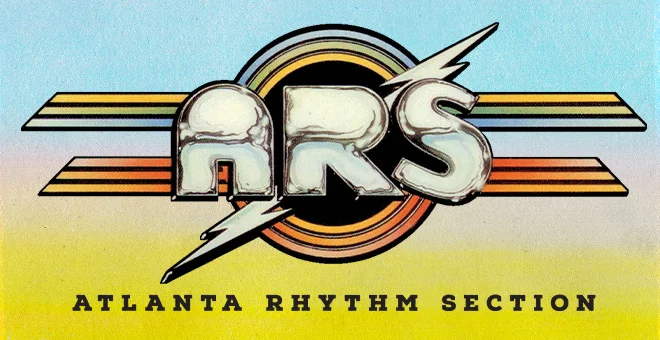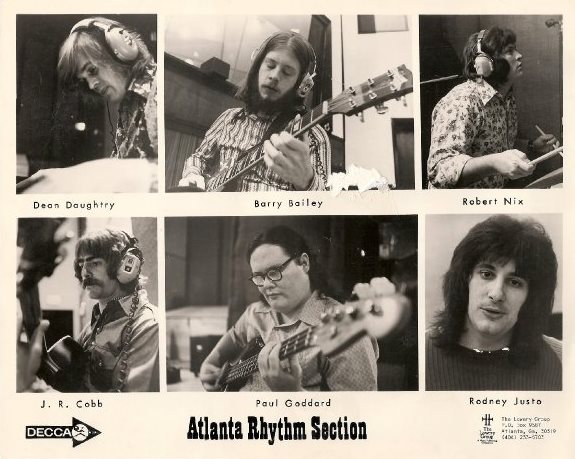Strictly Roots celebrated the career of Jimmy Cliff on Dec. 7. The reggae legend passed away Nov. 24 at the age of 81.

The Jamaican ska, rocksteady, reggae and soul singer was a versatile writer and one of his nation’s most celebrated musicians. He was credited with helping to popularize reggae music internationally.
At the time of his death, Cliff was the only reggae musician to hold the Order of Merit — the highest honor granted by the Jamaican government for achievements in the arts and sciences. He was also nominated seven times for the Grammy Awards, winning twice.
In 1972, Cliff starred in groundbreaking “The Harder They Come” — the first major commercial film from Jamaica. The soundtrack helped introduce reggae to the world.
He was known for such tracks as “Many Rivers to Cross,” “If I Follow My Mind,” “You Can Get It If You Really Want,” “The Harder They Come” and “Reggae Night.” His covers of Cat Stevens’s “Wild World,” Johnny Nash’s “I Can See Clearly Now” — from the “Cool Runnings” soundtrack — and the Elton John/Tim Rice-penned “Hakuna Matata” which appeared on the “Lion King” soundtrack drew acclaim.
Cliff was inducted into the Rock and Roll Hall of Fame in 2010. He is one of a handful of Jamaicans in the hall, including Bob Marley (1994) while Thom Bell and Sandra “Peppa” Denton who were inducted this year.
